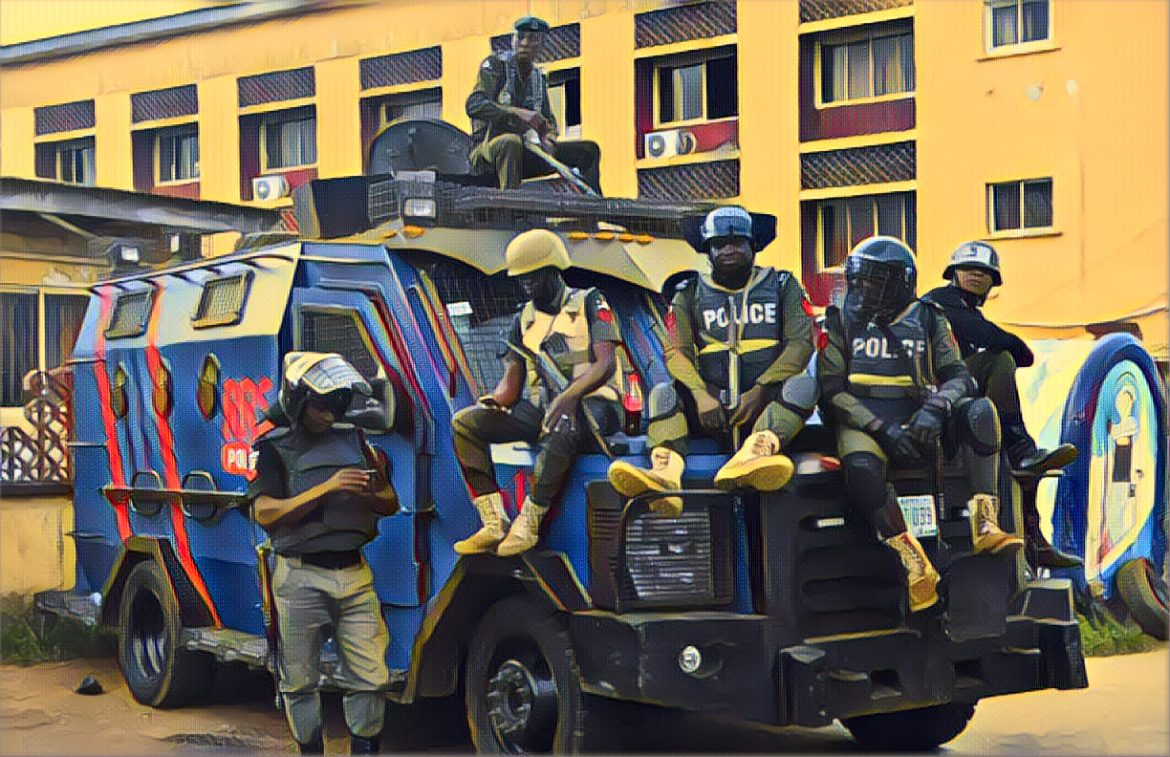In a bold move that could redefine Nigeria’s approach to combating its escalating insecurity issues, the Federal Government, led by President Bola Tinubu, is contemplating the establishment of state police forces. This significant policy shift was hinted at following a high-level meeting between the Federal Government and state governors at the Presidential Villa in Abuja, signaling a potential turning point in the country’s long-standing battle against insecurity.
Insecurity has been a pervasive challenge across Nigeria, with countless lives lost and properties worth billions destroyed, marking a stark failure in the government’s primary responsibility as enshrined in Section 14 (b) of the 1999 Constitution. The section mandates the government to ensure the security and welfare of its people, placing a heavy burden on the shoulders of elected officials at all levels.
The Minister of Information, Mohammed Idris, alongside Governors Caleb Mutfwang of Plateau, Ubah Sani of Kaduna, and Sheriff Oborevwori of Delta, shared insights into the discussions during a media briefing at the State House. They collectively acknowledged the complex preparations still required before state police could become a reality. The constitutional recognition of the Nigerian Police Force (NPF) as the sole law enforcement body in the country presents a considerable hurdle, necessitating widespread constitutional amendments to facilitate the change.
The centralized structure of the Nigerian Police Force, despite its division into seven departments and 17 operational zonal commands, has been criticized for its inefficacy in addressing the unique security challenges of Nigeria’s diverse states. The current system, where state commissioners of police report directly to the Inspector-General of Police rather than the state governors, has often been blamed for the increasing security lapses across the nation.
State governors have long argued that the lack of control over the police force within their jurisdictions hampers their ability to effectively govern and ensure the safety of their residents. They point to incidents like the tragic 2016 attack on the Nimbo community in Enugu State, where the state’s governor, despite prior intelligence, was unable to mobilize the police to prevent the massacre, highlighting the critical need for a more localized approach to policing.
The call for state police is not new, having been a topic of heated debate in various reform committees and national conferences under the administrations of Presidents Olusegun Obasanjo, Umaru Musa Yar’Adua, and Goodluck Jonathan. However, concerns over potential abuse by state governors have stalled progress in this direction.
Advocates for true federalism, like the Rule of Law and Accountability Advocacy Centre (RULAAC), argue that an over-centralized and under-resourced police force cannot effectively ensure public safety. Okechukwu Nwanguma, RULAAC’s Executive Director, acknowledges the genuine concerns regarding the potential misuse of state police but insists that a decentralized policing system is essential for Nigeria’s diverse and complex security landscape.
Afenifere, the Pan Yoruba socio-political organization, has also welcomed the Federal Government’s consideration of state police, aligning it with the principles of true federalism. Jare Ajayi, Afenifere’s National Publicity Secretary, emphasized the unsuitability of a centralized security system for a country as vast and varied as Nigeria, advocating for a swift implementation of state police to enhance security responsiveness and effectiveness.
As Nigeria stands on the brink of a major security policy overhaul, civil society organizations and analysts are urging legislative action to amend the constitution and establish the legal framework for state police. This initiative promises not just to address the immediate security challenges but to lay the groundwork for a more responsive, efficient, and localized policing structure across Nigeria’s 36 states and the Federal Capital Territory.


